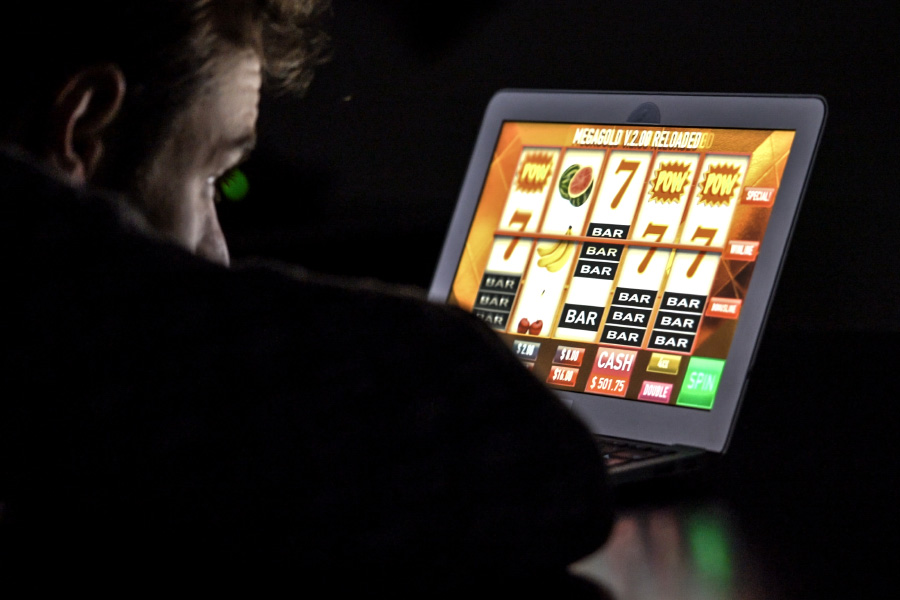NZ study reveals few people with gambling problems seek help

The study by Dr Simone Rodda of the Auckland University of Technology reveals that one in 400 adults in New Zealand sought help for problem gambling.
New Zealand.- Simone Rodda, an associate professor of psychology and neuroscience at Auckland University of Technology, has co-authored a new study into problem gambling and treatment options. The research found that while as many as 5.8 per cent of adults may have a gambling problem, only 0.2 per cent have sought help.
It found that people with severe gambling problems were more likely to seek help – about one in five, compared to one in 25 with moderate gambling risk. Rodda found that one in 400 adults in New Zealand sought help for problem gambling. She said the results showed that those struggling with gambling were in need of help.
She said online tools were important in providing support. She and colleagues have worked with the Department of Health and service providers such as the Problem Gambling Foundation and The Salvation Army to develop online screenings and self-help tools.
Rodda said: “A public health approach to gambling problems should be grounded in strong evidence of what people currently do to reduce their gambling harm. The first step for someone with a problem might be to talk to someone you already know and trust, like a friend or your GP. There is also free professional help available in New Zealand.”
In June, the Labour Government of New Zealand announced a NZ$76m (US$47.9m) investment for a new strategy aimed at preventing and minimising gambling harm-related issues. The strategy will be funded by a problem gambling levy paid by non-casino gaming machine operators, casinos, TAB NZ and the New Zealand Lotteries Commission.
The project will include:
- Training pathways to enable a more skilled and diverse workforce, including more peer and cultural support workers;
- New and expanded digital services and supports;
- Education initiatives to reduce harm to rangatahi (young people);
- A de-stigmatisation initiative to help change the conversation around gambling harm and encourage people to seek help;
- Better support for vulnerable communities including Māori, Pacific, and Asian people.
Jan Tinetti, minister of internal affairs, said the project was developed after a public consultation made in late 2021 and was co-designed with service providers, community groups, industry bodies and people with lived experience of gambling harm.









